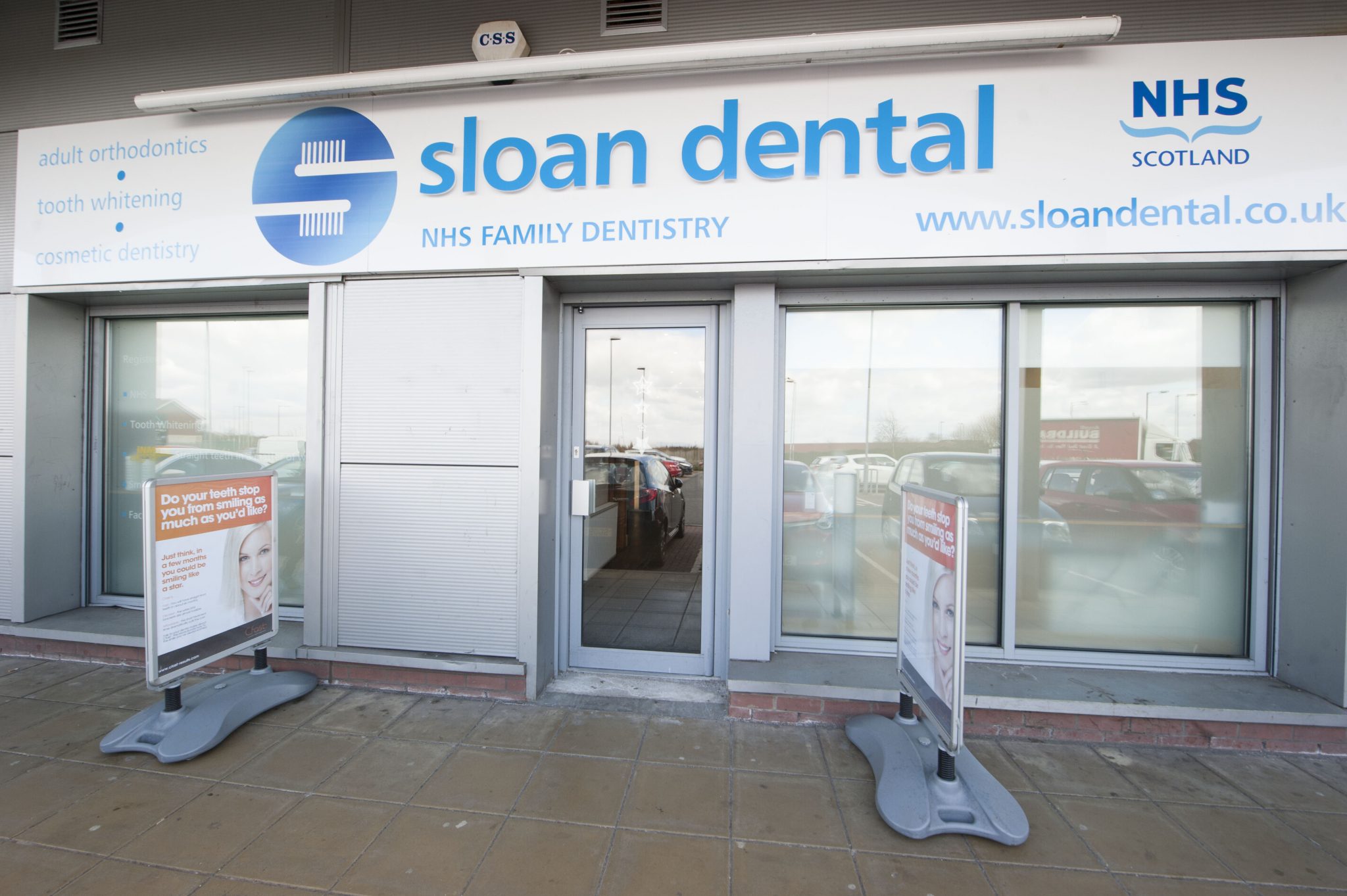Menopause is a stage in a woman’s life that typically occurs between 45 and 55. It is caused by the drop in estrogen levels that menopausal women experience as their monthly periods come to an end.
Menopause often comes with distressing symptoms such as hot flashes, night sweats, insomnia, mood swings and vaginal dryness. In some cases, menopause can also affect your oral health. This is because the sudden drop in estrogen causes the body to reduce saliva production.
Since saliva is essential for neutralising bacteria, a dry mouth can offer a perfect breeding ground for nasties. If bacteria are allowed to build up, this can weaken the enamel and leave you more susceptible to cavities and dental plaque. And in turn, this increases the risk of developing gum disease.
This is why menopausal women should make regular visits to their dentist a priority. In addition, gum disease is an early sign of oral health problems that menopausal women experience, so catching it early could help protect your teeth.
Common oral health problems during menopause
The most common problems women experience during menopause are:
- Dry mouth
- Gum disease
- Tooth loss
- Burning Mouth Syndrome
- Weakness in the jaw bone
While HRT might offer some relief from these symptoms, it’s also essential to maintain good oral health during this time. Small lifestyle changes can help to safeguard oral health and avoid problems in the future.
Tips for menopausal women to maintain good oral health
There are a few steps you can take to protect your health during this time. These are all likely to be established daily habits, but it will become even more important to stick to them once you reach menopause.
- Brush your teeth twice daily with fluoride toothpaste. This will help to remove the plaque and bacteria that cause dental decay.
- Invest in a high-quality electric toothbrush, and be sure to replace the brush head every 3 months.
- Floss and use an interdental brush to clean between the teeth.
- Visit your dentist regularly for checkups. You should visit every 6 months and see a dental hygienist as often as recommended by your dentist.
- Commit to quitting smoking. Not only is there a link between menopause and increased risk of oral cancer, but smoking has also been shown to encourage gum disease.
- Take a multivitamin that includes Vitamins A, B12, B6, D, and E. Vitamin D is particularly important to help prevent bone loss in the jaw, leading to menopause teeth pain.
- Avoid snacking between meals and choose water instead of juice or sugary drinks. Chewing gum after a meal can help you remove any food debris and encourage you to produce saliva.
- Speak to your dentist if you notice any changes in your teeth, gums, tongue or mouth. Something as simple as a new pain in your teeth could be a sign that something is amiss.
- Learn to spot the signs of Burning Mouth Syndrome. As the name suggests, this condition can feel like you have scalded your tongue, lips or mouth and can vary from mild discomfort to extreme pain. There are many different causes of Burning Mouth Syndrome, so you’ll have to work with your doctor and dentist to uncover the cause.
Invisalign during menopause
Menopause might change your relationship with your oral health, but it doesn’t have to derail it entirely. Women of all ages are taking control of their lives and their smiles with cosmetic dentistry. So if you’ve always dreamed of a perfectly straight or perfectly pearly white smile, don’t let menopause stand in the way.
Invisalign will allow you to care for your teeth easily as you remove your aligners to brush and floss every day. This is why we recommend Invisalign at any age, even during and after menopause.
Get in touch with Sloan Dental today to learn more about oral health during menopause and how you can transform your smile and boost your confidence.



